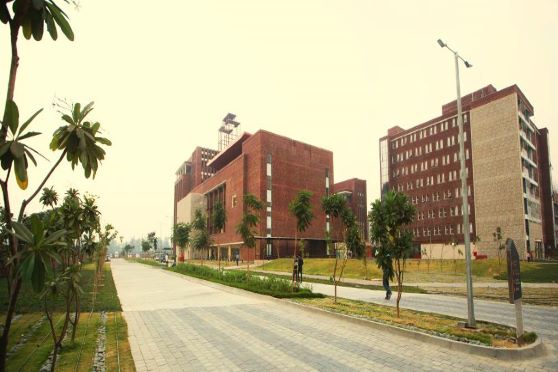Ashoka University urges dyslexic students to pursue higher education


Ashoka University in collaboration with Change INKK Trust hosted a virtual conference on the need for students with dyslexia to pursue education. Academicians, practitioners, industry experts, parents, students, and policymakers discussed pathways for making these institutes inclusive for such students in the virtual conference on October 28, 2021.
According to Noopur Jhunjhunwala, Women India MCO’s monitoring, evaluation, and partnerships coordinator, 40% of the world’s self-made billionaires are dyslexic and 35% are likely to drop out and never get a higher education. It’s time to make the institutes of higher learning more inclusive. She also mentioned that dyslexia is a lifelong condition that impacts 20% of our population.
Nandini Chatterjee, cognitive neuroscientist, UNESCO MGIEP, states that children must be assessed in their mother tongue and the second language whenever assessments happen. Identifying children early is key to making a difference in policy including them.
Sally Shaywitz, co-founder and co-director, Yale Center for Dyslexia and Creativity mentioned that dyslexia is powered by exciting scientific discoveries. Reflecting on this new data, US federal law defines dyslexia as an unexpected difficulty in reading in a person who has the intelligence to be a better reader. While slow readers, dyslexics have an incredible sea of strengths in big picture high-level thinking. She added that dyslexics are intelligent, innovative, and resilient and can succeed in any field including medicine, science, writing, business, architecture, and engineering. With the right support aligned with science, they excel in every part of their lives.
According to Marie Saddlemire, assistant director, Academic Center for Excellence, Access Services, Bryant University, adding captions to videos played helps students to know better on what is being discussed in the classroom.
The dignitaries discussed the need to encourage a neurodiverse student body in universities and set up support offices for students with dyslexia in higher education institutions.
‘The Voices – Braving the Stigma’ and ‘dyslexia and future of work’ were the other two issues that were discussed. The conference touched upon the need for recruiters to explore ways on how to make work environments best suitable for employees with dyslexia and the journeys of panellists with dyslexia who went from seeing it as a disability to accepting it as a gift.
A neurodiverse student body and support offices for dyslexic students is the need of the hour.
Watch the virtual conference here : https://youtu.be/ZxuN5samFtw